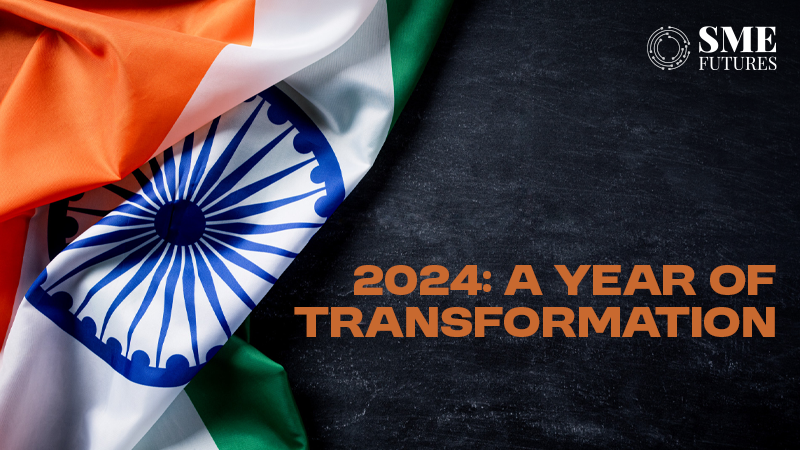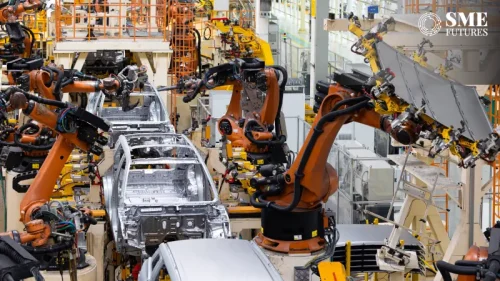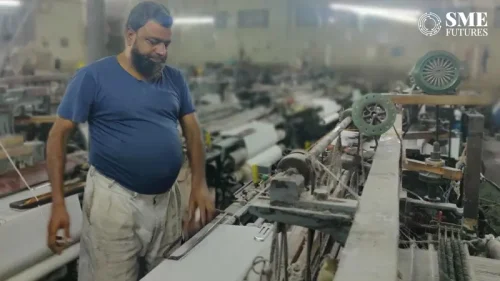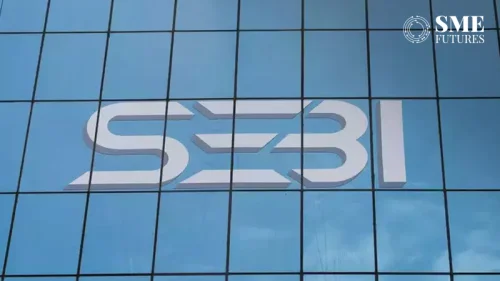As the curtains fall on 2024, India has taken significant strides in several sectors—from EV adoption to semiconductors, MSME growth, and cutting-edge innovations in AI. While global economic headwinds tested its resilience, the nation’s unwavering push for innovation and digital transformation ensured a year of notable milestones. Let’s take a closer look at some of the most dynamic sectors in 2024, the achievements they have unlocked, and the future they are shaping.
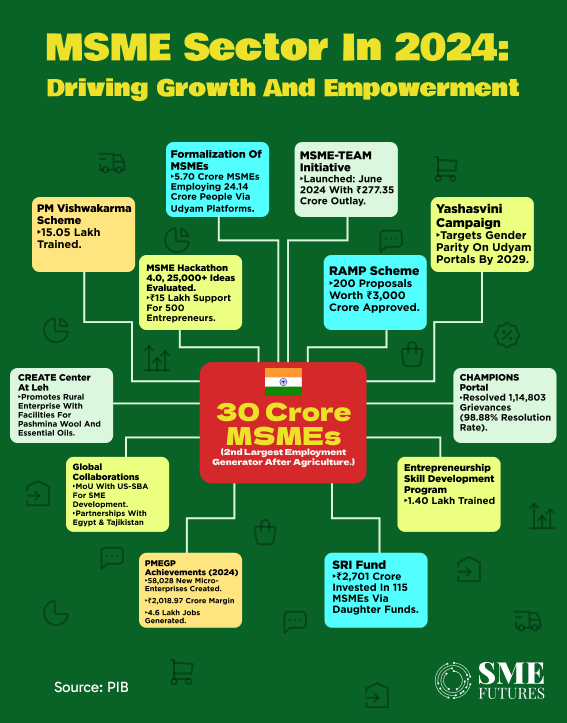
The EV revolution
India’s electric vehicle (EV) sector achieved significant momentum in 2024, with impressive growth in EV registrations. Between April and November alone, the country saw a 25.64 per cent increase in EV registrations, reaching 13.06 lakh units.
Madhumita Agrawal, Founder & CEO of Oben Electric, highlights how 2024 has set the stage for transformative growth, saying, “Indigenous manufacturers have led the charge, delivering groundbreaking innovations, supported by government policies such as FAME II and PM E-DRIVE. With subsidies driving record sales, India is fast becoming a global EV leader.”
This year, India’s charging infrastructure doubled to over 25,000 public stations, propelling consumer confidence. However, as the market matures, Oben Electric sees policy tweaks like resolving the inverted GST structure as key to unleashing further growth. “Affordable EVs with enhanced range and robust infrastructure are poised to define 2025,” Agrawal adds.
Semiconductor surge: India’s ambitious play in global supply chains
2024 was also a defining year for India’s semiconductor sector, an area often considered the backbone of modern technological infrastructure. With the government’s push for self-reliance through initiatives like the National Policy on Electronics, India is making significant headway in becoming a global player in the semiconductor supply chain.
Industry leaders believe that the long-term strategy of enhancing domestic manufacturing capabilities, coupled with the development of the semiconductor ecosystem, will position India as an alternative hub to East Asia.
According to a senior industry analyst, “India’s semiconductor ambitions are beginning to take shape, with major investments in R&D, talent, and infrastructure set to catapult the country into the global supply chain in the coming years.”
In 2025, we can expect greater breakthroughs in semiconductor production, as India leans into the Make in India campaign and builds the capacity to meet rising domestic and international demand for semiconductors.
MSME resilience: Overcoming challenges, embracing innovation
The MSME sector continues to be the backbone of India’s economy, and 2024 proved to be a year of resilience. SEEDS Fincap’s MD & CEO, Subhash Acharya, cites the remarkable 20 per cent growth in the sector, driven by fintech innovations and the surge in digital adoption.
“The MSME landscape was buoyed by an increased focus on financial inclusion, technology adoption, and green business models,” he says. However, challenges such as limited access to affordable credit and navigating regulatory hurdles remain, and they’ll require continued support from both financial institutions and policymakers.
Looking ahead, Acharya is optimistic about the rise of AI and automation, which he believes will empower MSMEs to scale faster and compete globally. “By offering tailored financial solutions and supporting innovation, we can empower the next generation of entrepreneurs to realise their global potential,” he adds.
AI: Redefining India’s tech landscape
India’s burgeoning AI and tech ecosystem soared in 2024, particularly with the rise of generative AI. According to NeoSOFT’s Founder and Director, Nishant Rathi, “Generative AI has reshaped industries by enabling automation and personalisation at scale. This will only accelerate in 2025, driving innovation and opening new avenues for industries from healthcare to finance.”
The adoption of AI-driven technologies by both enterprises and consumers has taken off, with foundational tools like LLMs (large language models) and multimodal systems becoming mainstream.
As InfoVision’s Girish Hirde notes, “2024 was the year when generative AI shifted from a buzzword to a necessary business tool. In 2025, enterprises will double down on AI capabilities to optimise operations and achieve tangible results.”
Blockchain and quantum computing are also on the horizon as transformative technologies for India’s tech future. Rathi also highlights that blockchain could revolutionise digital trust and efficiency, particularly in sectors like supply chain management and financial transactions.
Retail and consumer electronics: Tech and personalisation at the forefront
The retail sector also saw a significant shift in 2024, with the convergence of AI, hyper localisation, and deep personalisation. UBON Co-Founder, Lalit Arora, says that technology and AI have helped tailor retail experiences, especially in Tier 2 and Tier 3 cities.
“In 2024, we saw AI-driven personalisation redefine the shopping journey, with digital influencers playing a key role in driving engagement,” he contends.
As the year closed, the retail landscape was characterised by growing consumer expectations for convenience, driven by hyperlocal delivery models and immersive experiences. Looking ahead, UBON plans to invest in AR/VR technologies and expand its product lines to meet the evolving needs of a younger, tech-savvy demographic.
Rise of clean tech
In 2024, the clean-tech sector in India, particularly in waste management and sustainability, reached a critical juncture. WeVOIS Labs’ Founder, Abhishek Gupta, emphasises that India’s waste management systems had reached a crossroads, with over 40 per cent of urban waste still unprocessed. However, a cultural shift occurred when cleantech start-ups and community-driven initiatives started tackling these challenges head-on.
“The momentum is building. In 2025, we must focus on scaling innovative waste management technologies, enforcing stricter regulations, and empowering our sanitation workers to drive sustainable change,” says Gupta.
The emergence of smart technologies and circular economy models will shape the path ahead, with India looking to be a global leader in sustainability.
Automobiles and AI-driven marketplaces
As the automotive industry continues to digitise, platforms like Droom have played a pivotal role in revolutionising how vehicles are bought, sold, and financed. Founder Sandeep Aggarwal says that 2024 was marked by Droom’s AI-powered solutions, such as the Orange Book Value and ECO vehicle inspection systems, offering greater transparency and efficiency in the used car market.
Aggarwal, speaking on the broader shift in the automotive market, contends, “AI and data-driven decision-making have made the car buying experience easier, more affordable, and more trustworthy. In 2025, we will see further expansion with enhanced vehicle certifications, offering greater confidence to consumers and creating a seamless experience from purchase to financing.”
What lies in 2025 and beyond
As 2024 closes, it’s clear that India’s economic and technological landscape is evolving rapidly, with innovation and digital transformation paving the way for the future. With emerging sectors like semiconductors, EVs, AI, and MSMEs leading the charge, India’s economic future looks bright.
However, the path forward will require sustained efforts in policy reform, infrastructure expansion, and continued technological investment. In 2025, the key to India’s growth will be harnessing the power of innovation to empower businesses, drive sustainability, and redefine industries on the global stage.
As Dinesh Gulati, COO of IndiaMART, aptly puts it, “2025 will see deeper integration of AI, where technology becomes not just a tool but an enabler of human connection, driving personalised experiences and fuelling business growth.”
The journey ahead is exciting, and India’s future looks poised for an era of unparalleled progress.

